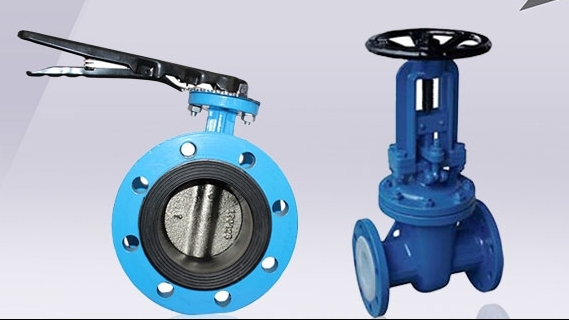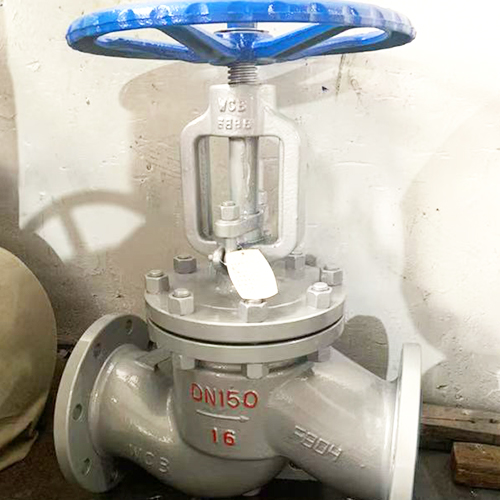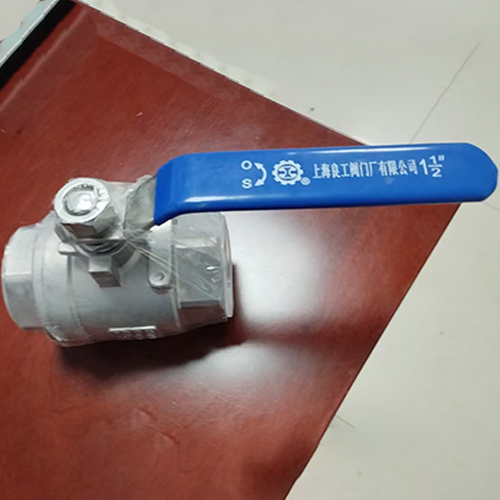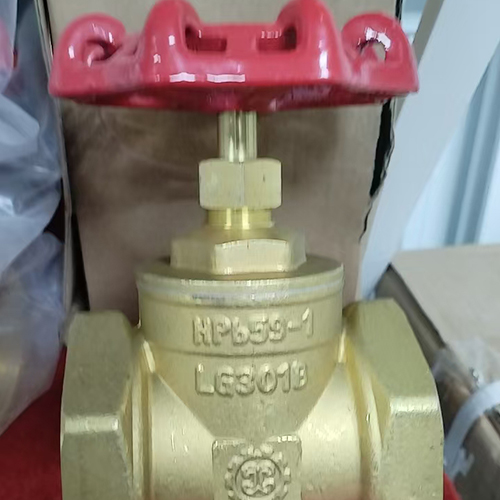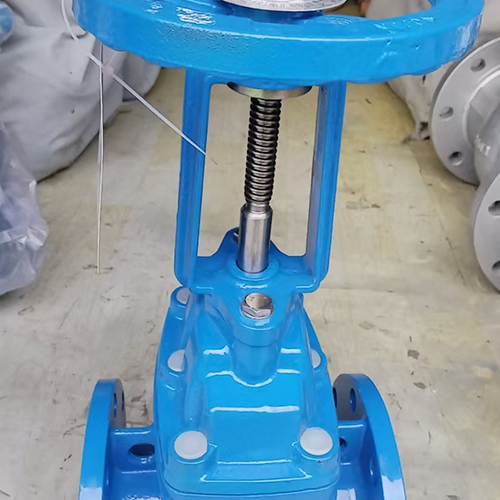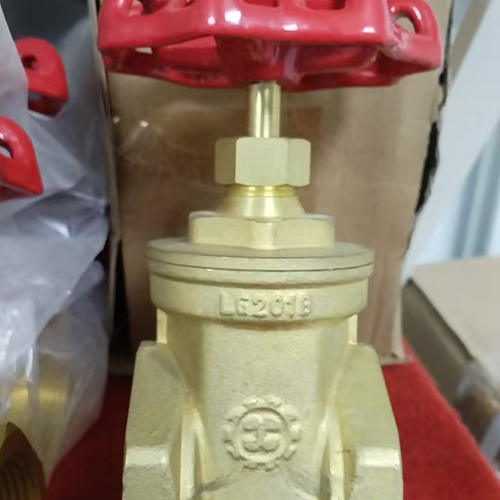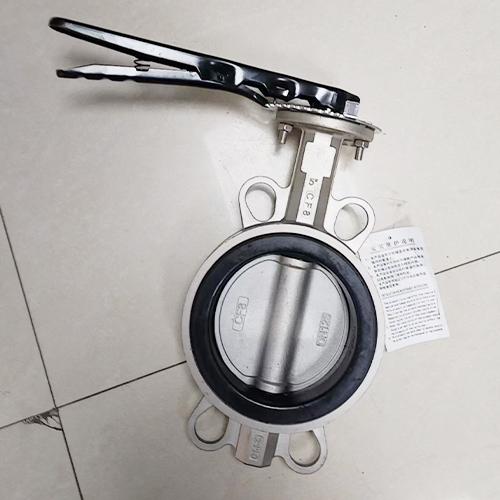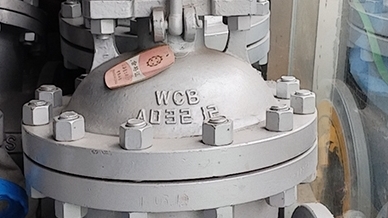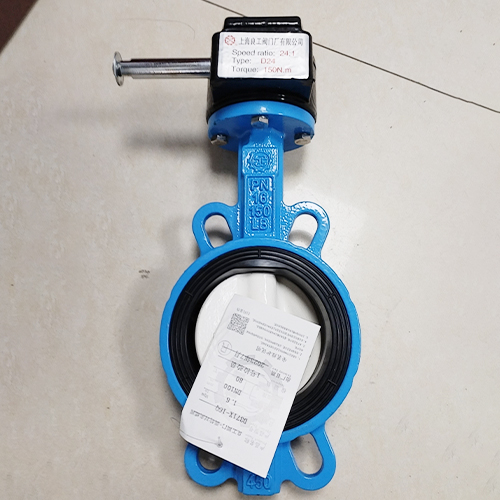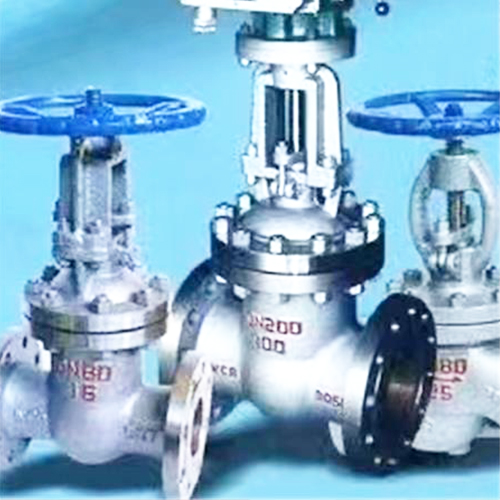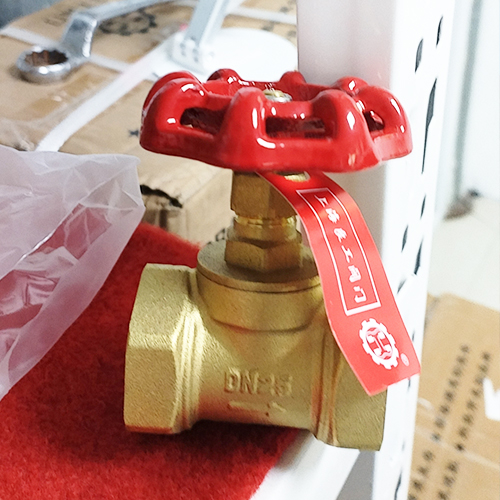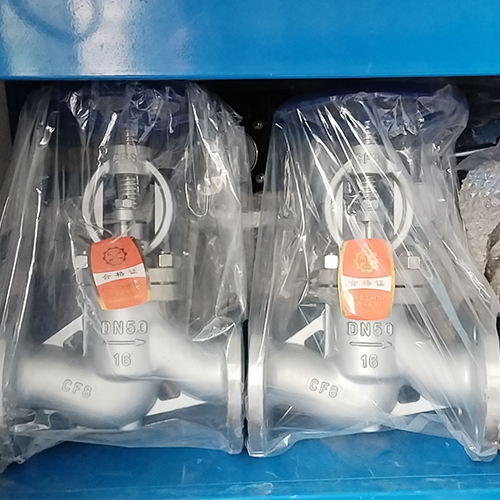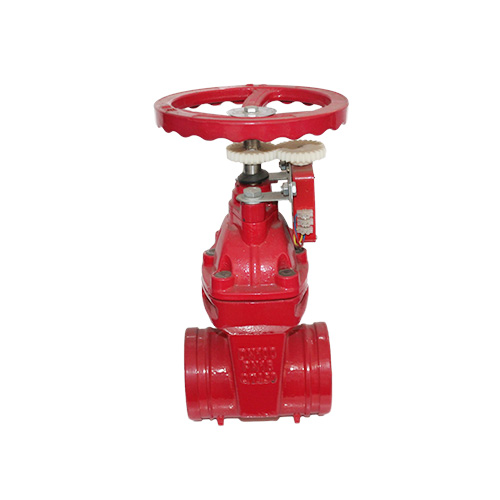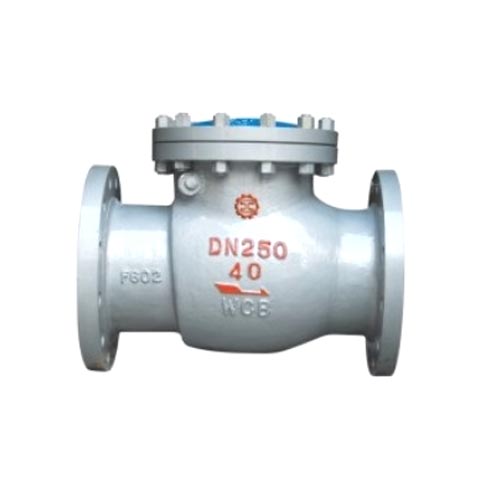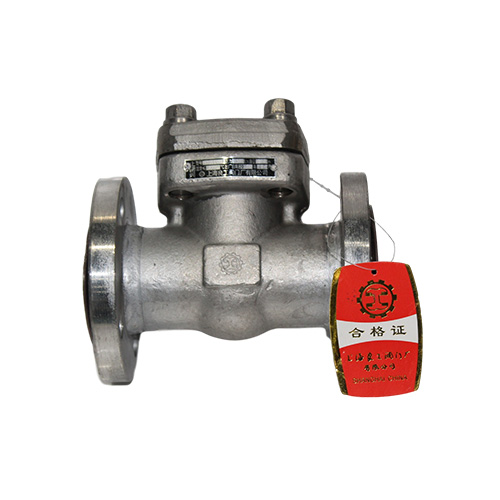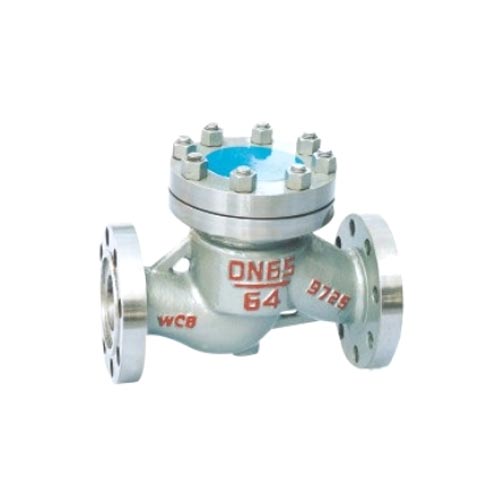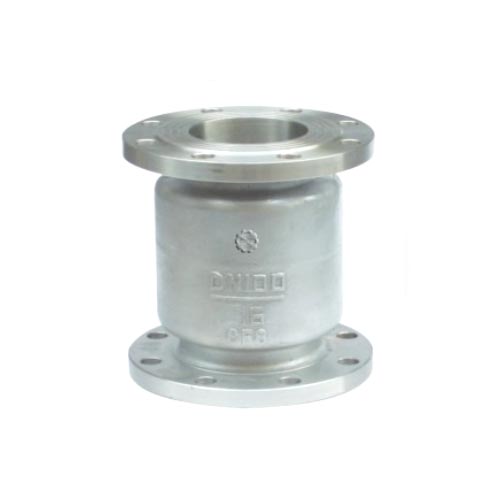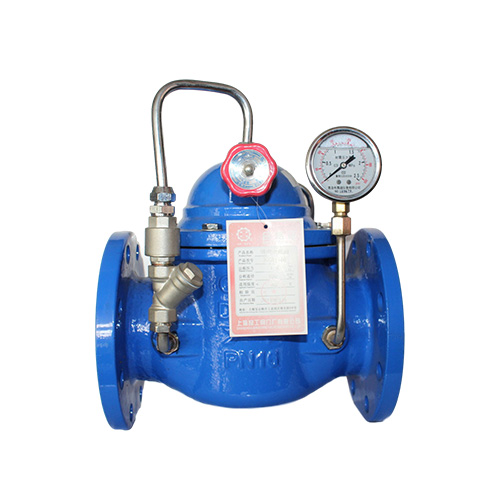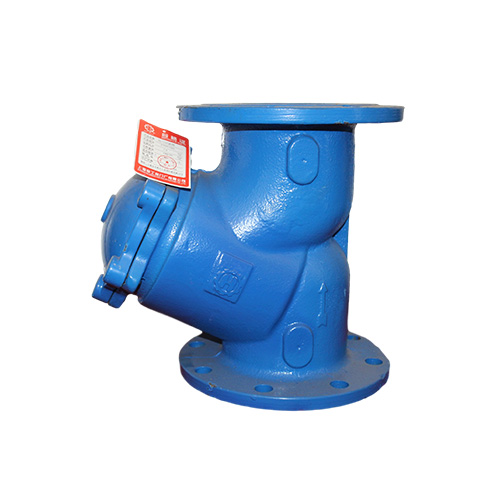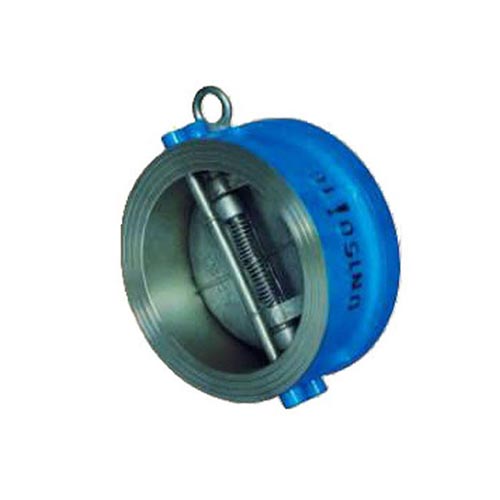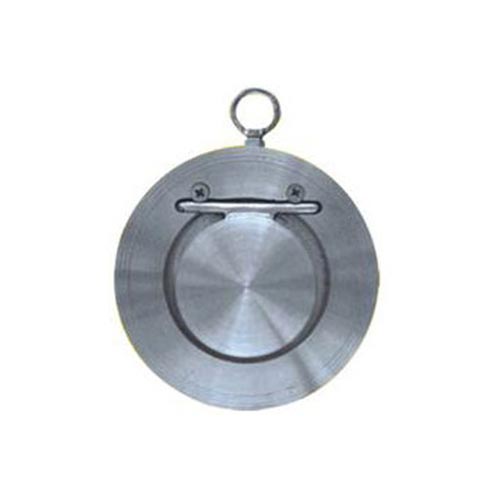金屬硬密封蝶閥從密封結(jié)構(gòu)上可分為兩大類,一是彈性硬密封結(jié)構(gòu),二是多層次硬密封蝶閥。彈性硬密封蝶閥生產(chǎn)口徑一般在DN500以下,大口徑多采用的是多層次結(jié)構(gòu)。DN500以下的蝶閥用量大,所以用戶在使用時遇到的問題也就多,在此,就常出現(xiàn)的問題歸納總結(jié),并指導(dǎo)正確安裝和使用。
The metal hard seal butterfly valve can be divided into two categories from the sealing structure, one is the elastic hard seal structure, and the other is the multi-level hard seal butterfly valve. The production caliber of elastic hard seal butterfly valve is generally below DN500, and the multi-layer structure is adopted for large caliber. The use of butterfly valves below DN500 is large, so users will encounter many problems when using them. Here, we summarize the common problems and guide the correct installation and use.
由于多層軟硬疊式密封圈固定在閥板上,當(dāng)閥板常開狀態(tài)時介質(zhì)對其密封面形成正面沖刷,金屬片夾層中的軟密封帶受沖刷后,直接影響密封性能。
Since multi-layer soft and hard laminated seal rings are fixed on the valve plate, when the valve plate is normally open, the medium will cause a positive flushing on its sealing surface, and the sealing performance will be directly affected after the soft seal belt in the metal sandwich is flushed.
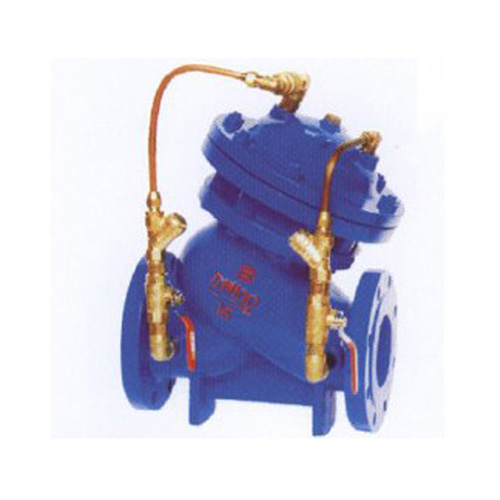
受結(jié)構(gòu)條件的限制該結(jié)構(gòu)不適應(yīng)做通徑DN200以下閥門,原因是閥板整體結(jié)構(gòu)太厚,流阻大。
Due to the limitation of structural conditions, this structure is not suitable for valves with a diameter below DN200, because the overall structure of the valve plate is too thick and the flow resistance is large.
硬密封蝶閥閥門不通。原因有:
The hard seal butterfly valve is blocked. The reasons are:
一、控制通道被雜物堵塞(通道細(xì)小,容易堵塞)。
1、 The control channel is blocked by sundries (the channel is small and easy to block).
二、活塞因銹漬卡在高位置;雖上部受力,但不能向下移動,打不開主通道。
2、 The piston is stuck at a high position due to rust stains; Although the upper part is stressed, it cannot move downward and cannot open the main channel.
所以,活塞減壓閥前須安裝過濾器;對于新安裝或長期停用的減壓閥,一定要拆開檢查和清洗。
Therefore, a filter must be installed before the piston pressure reducing valve; The pressure reducing valve newly installed or out of service for a long time must be disassembled for inspection and cleaning.
三、因三偏心結(jié)構(gòu)的原理,閥板的密封面與閥座之間的密封是靠傳動裝置的力矩使閥板壓向閥座。正流狀態(tài)時,介質(zhì)壓力越高密封擠壓越緊。當(dāng)流道介質(zhì)逆流時隨著介質(zhì)壓力的增加閥板與閥座之間的單位正壓力小于介質(zhì)壓強(qiáng)時,密封開始泄漏。
3、 Because of the principle of three eccentric structure, the sealing between the sealing surface of the valve plate and the valve seat is made to press the valve plate to the valve seat by the torque of the transmission device. In the positive flow state, the higher the medium pressure, the tighter the seal extrusion. When the medium in the flow passage is countercurrent, with the increase of medium pressure, the unit positive pressure between the valve plate and the valve seat is less than the medium pressure, and the seal starts to leak.
 企業(yè)公告:
企業(yè)公告:

